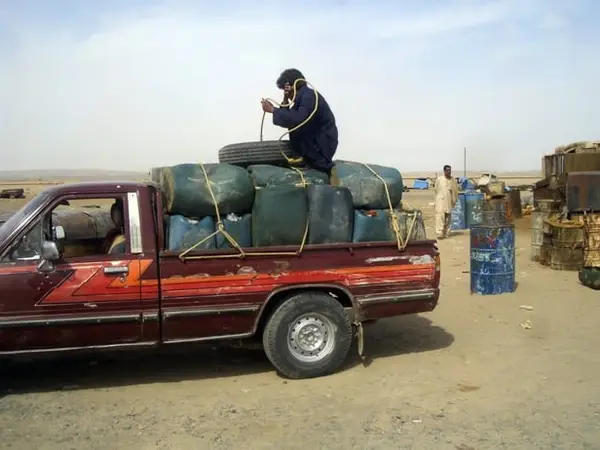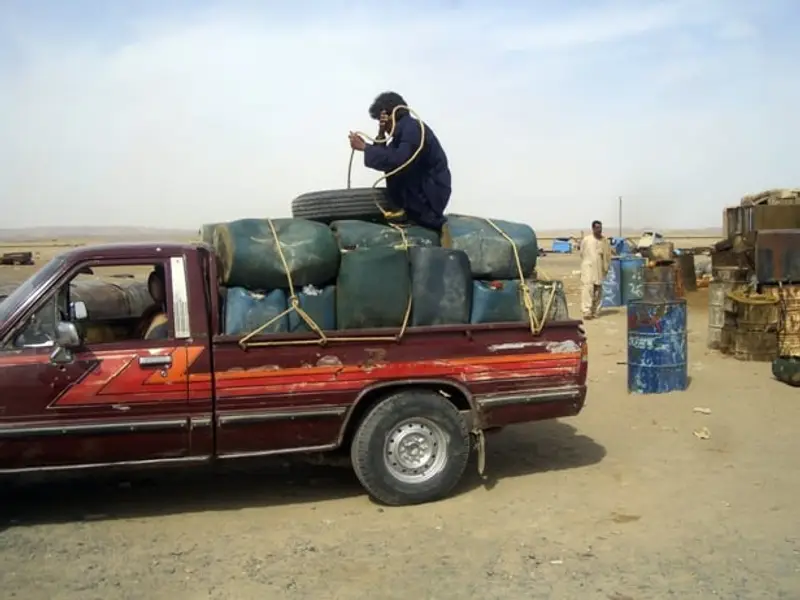A total of 27 fuel smugglers died in 10 days during Norouz with a further 18 seriously injured as citizens risked their lives in Sistan and Baluchestan, one of Iran's poorest provinces.
Between March 20 and 30, according to the Halvash the deaths included shootings by security forces, road accidents and vehicle fires.
The victims were between 18 and 28 years old, the latest in a string of deaths since last year among the country's economic crisis where more people try to smuggle small amounts of fuel by pick-up trucks to neighboring counties, foremost to Pakistan.
Halvash claims that during 2023, at least 172 Baluch fuel smugglers died, 42 others reported injured during the same period.
Activists and human rights media have pointed to deliberate deprivation and discriminatory policies by the government toward minority dominated provinces like Sistan and Baluchestan, as well as Kurdistan, as contributing factors to the proliferation of fuel smuggling activities.
With a lack of job opportunities and government negligence to the poverty-stricken Sistan and Baluchestan region play a significant role in pushing Baluch citizens towards engaging in fuel smuggling. Selling to Pakistan has become a means of earning a meager income for the population in the border region, earning a higher price across the border than at home.
For years, rights groups such as Amnesty International have reported on the use of lethal force against unarmed fuel porers in the region.

